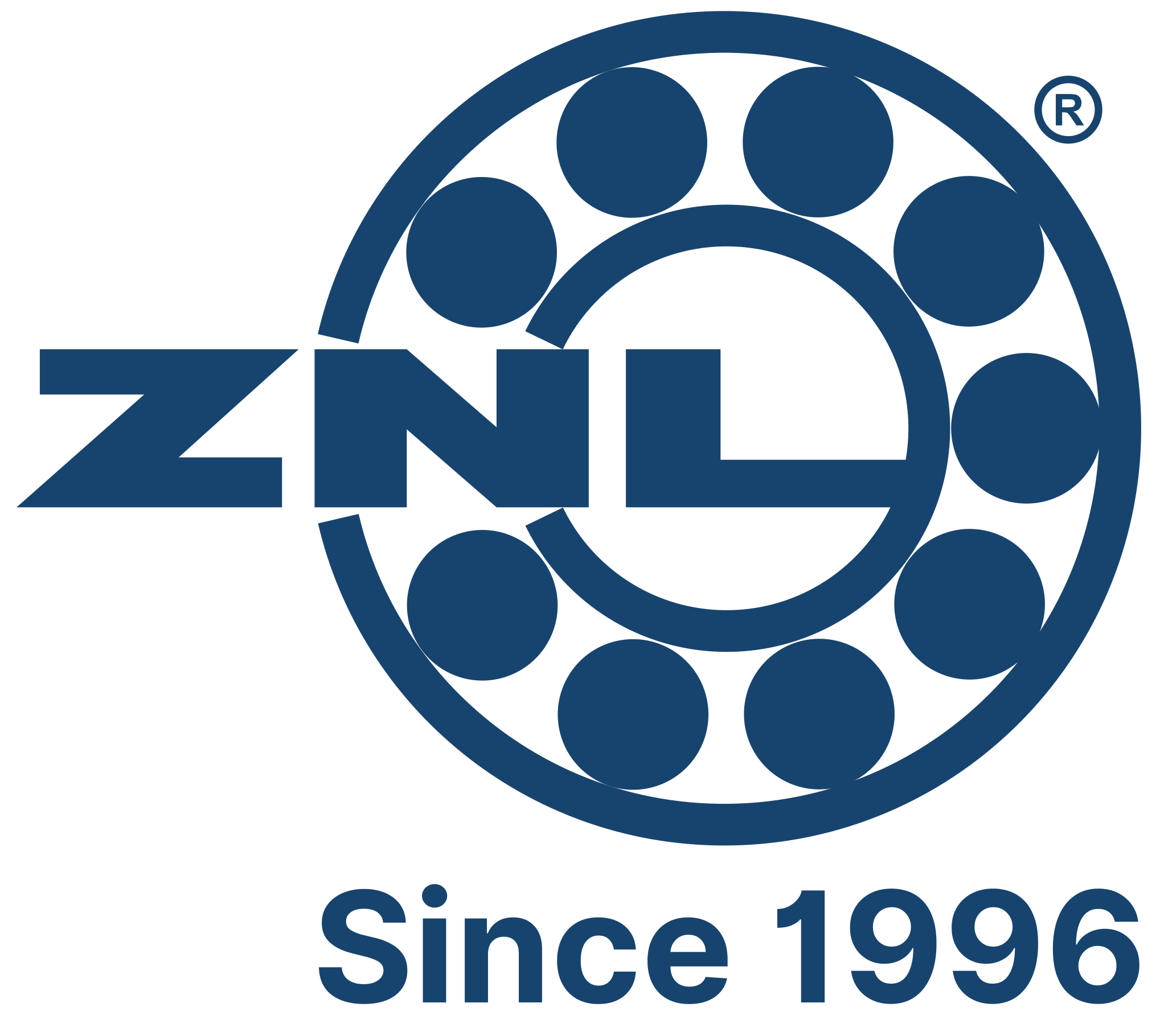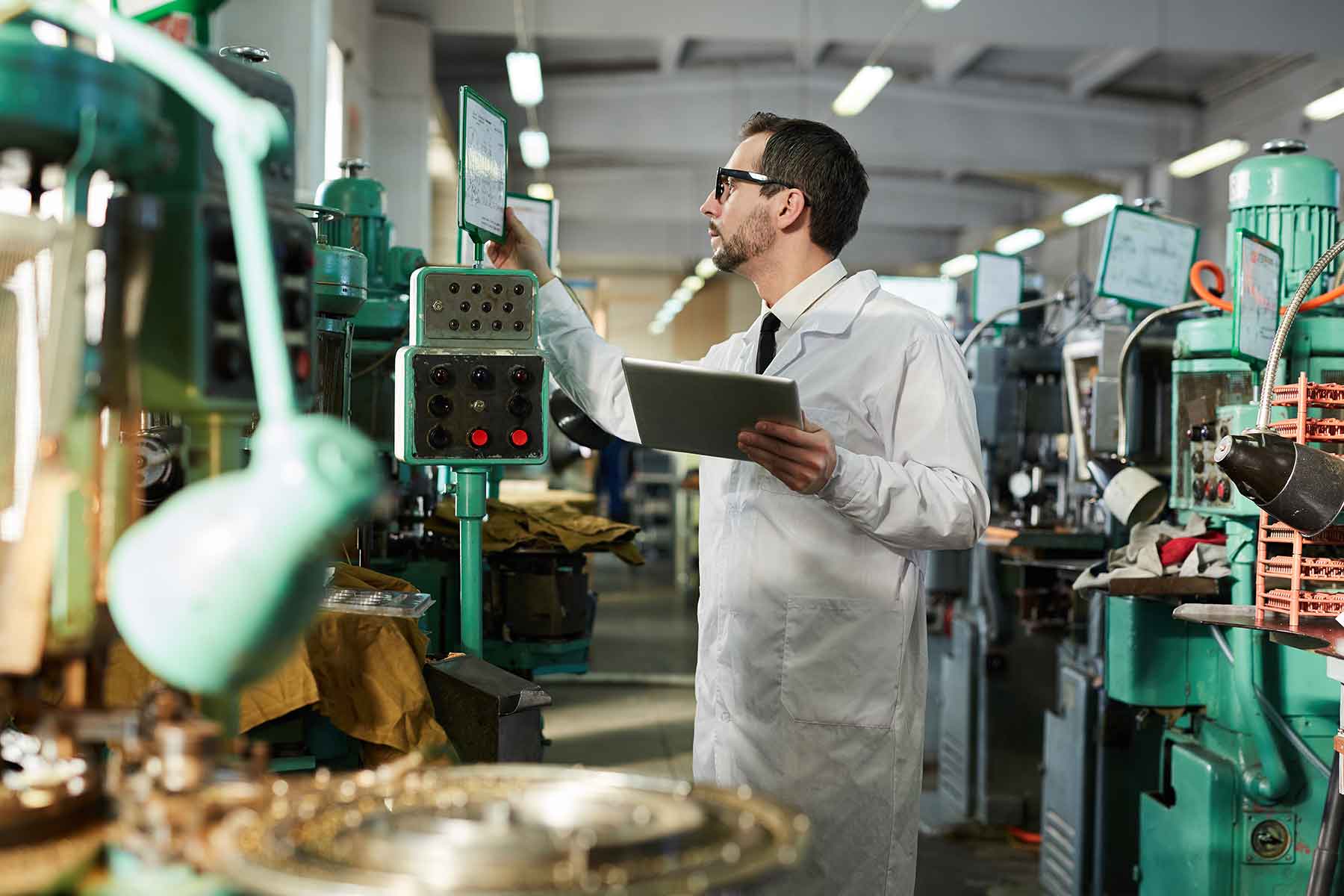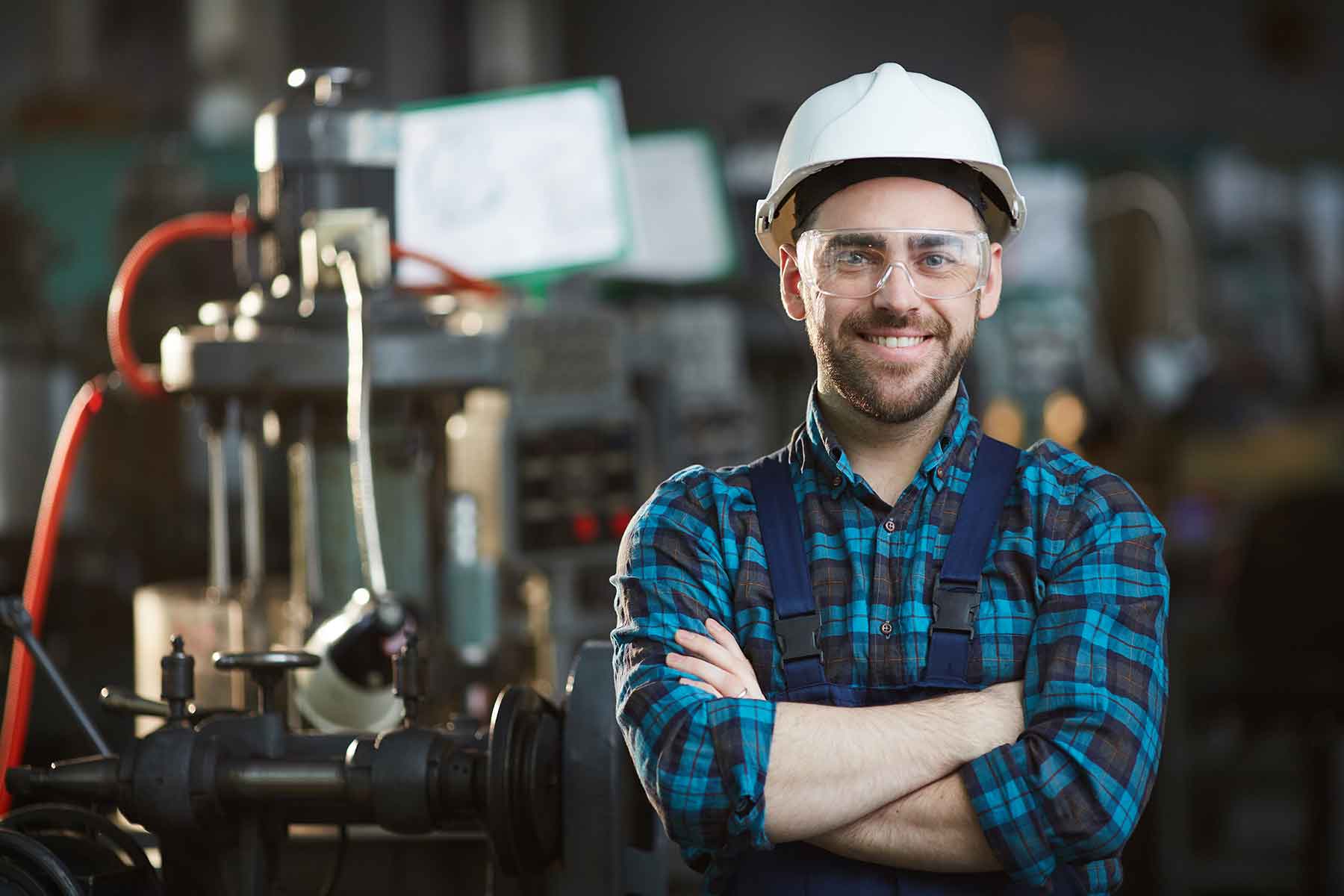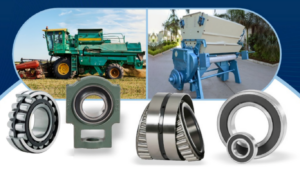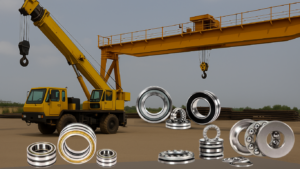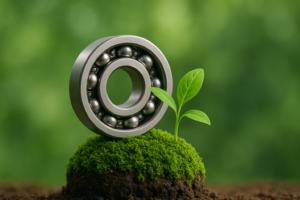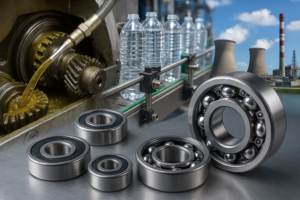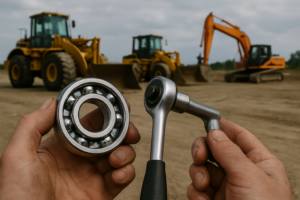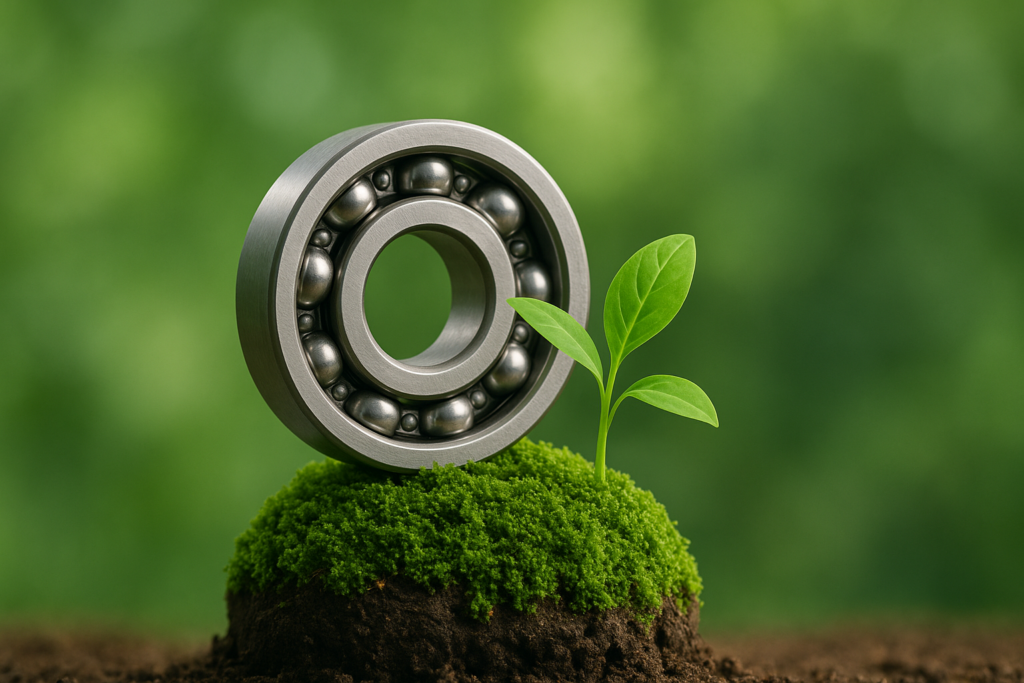In a world increasingly focused on environmental responsibility, every industry is being called upon to rethink its impact—and the bearing industry is no exception. Bearings may be small, but they are the heart of movement in machinery, vehicles, and equipment across countless sectors. As demands for sustainability grow louder, manufacturers like ZNL Bearings are putting efforts and researching to try redefining how bearings are made, maintained, and used—with the planet in mind.
Welcome to the age of Sustainable Bearing Solutions, where innovation meets responsibility.
Why Sustainability in Bearings Matters
With billions of bearings in operation globally, even minor changes in materials, production processes, or lifespan can have a massive cumulative environmental impact.
Key concerns include:
- Raw material extraction (steel, lubricants, polymers)
- Energy consumption in manufacturing
- Waste generation during production and end-of-life disposal
- Emissions from lubricants and machinery failures
As the pressure builds for businesses to align with ESG (Environmental, Social, and Governance) goals, the demand for eco-friendly, energy-efficient, and longer-lasting bearing solutions is rising fast.
The ZNL Bearings Approach to Sustainability

At ZNL Bearings, we understand that true sustainability is not a marketing gimmick—it’s a responsibility. Our R&D and engineering teams are consistently innovating to offer greener alternatives without compromising on performance.
Here’s how ZNL is contributing to sustainable manufacturing in the bearing industry:
1. Advanced Material Choices
We are planning to move away from traditional high-carbon bearing steels toward low-emission alloys and recycled materials that retain strength but have a lower environmental footprint. ZNL is also exploring opportunities in ceramic hybrids and biodegradable polymer cages in specific applications to extend life and minimize waste. We are planning to reach these goals soon.
✅ Benefits:
- Reduced mining and resource depletion
- Lower CO₂ emissions during production
- Lightweight materials that improve energy efficiency
2. Eco-Friendly Lubrication
Traditional greases often contain petroleum-based components that pose environmental hazards during disposal or leakage. ZNL’s R&D has been working on bio-lubricants, which are:
- Biodegradable
- Low-toxicity
- Energy-efficient under high loads
We have also seen that self-lubricating bearing variants further reduce the need for continuous lubrication—cutting down both waste and maintenance costs.
3. Energy-Efficient Bearing Designs
Bearings that reduce friction consume less power—whether in electric motors, vehicles, or heavy industrial machines. ZNL’s low-friction sealed bearings, optimized groove geometries, and precision-engineered rolling elements are designed to:
- Minimize energy loss
- Enable smoother operations
- Extend equipment life
This contributes directly to lower energy bills and reduced carbon footprints for our clients.
4. Green Manufacturing Practices
ZNL has planned to soon adopt a lean and clean production model at our manufacturing units. This includes:
- Using solar energy where possible
- Rainwater harvesting for process cooling
- Scrap recycling and zero-waste targets
- Digitized processes to reduce paper and manual inefficiencies
Our commitment to ISO 14001 Environmental Management Systems ensures every product is made with sustainability in mind.
5. Longer Life, Less Waste
A key part of being sustainable is extending the usable life of a bearing. ZNL Bearings are designed to endure higher loads, misalignments, and speed variations—which reduces the need for replacements.
Fewer replacements mean reduced manufacturing, lower shipping needs, and minimal waste ending up in landfills.
We also offer refurbishment and re-lubrication services, especially for large-scale industrial units, making sustainability practical and economical.
Applications Driving the Green Revolution

Several sectors are already benefiting from eco-friendly bearing solutions:
- Wind Turbines: Bearings used here must withstand extreme conditions. The advanced coatings and materials improve turbine uptime while reducing the need for harsh greases.
- Electric Vehicles (EVs): Low-friction, compact bearings improve battery life and range.
- Food & Pharma: Stainless-steel and self-lubricating bearings are designed to maintain strict hygiene standards while meeting environmental regulations.
- Textile & Packaging Industries: Energy-efficient bearings reduce operating costs in continuous machinery.
The Road Ahead: Innovation & Responsibility

Sustainability in the bearing industry is no longer optional—it’s the future. Customers, investors, and governments are pushing for green innovation, and we at ZNL Bearings are committed to walking the talk soon.
From the sourcing of raw materials to the lifecycle of the final product, we are constantly finding ways to make bearing technology cleaner, smarter, and more sustainable.
Whether you’re an OEM, an industry buyer, or an environmentally conscious business, partnering with ZNL means choosing performance without harming the planet.
Final Thoughts
The shift towards sustainable bearing solutions is a movement of collective responsibility—and we’re proud to be at the forefront. It’s not just about reducing emissions or recycling scraps. It’s about rethinking engineering to meet the demands of a cleaner, greener tomorrow.
If you’re ready to make your machinery greener and operations more efficient, help ZNL Bearings and together we find a better solution for a better tomorrow.
